In a disturbing revelation, two media outlets have unearthed what appears to be a covert initiative by the Iranian government intended to shape American policy and perceptions on global security issues, particularly Tehran’s nuclear program. This effort, dubbed the “Iran Experts Initiative” (IEI), aimed to develop ties with a network of influential academics and researchers across the world who would advocate on behalf of Tehran on several important issues.
But what is particularly intriguing – and alarming – is the involvement of Robert Malley, the Biden administration’s special envoy on Iran.
The investigation is based on a treasure trove of thousands of emails and documents obtained by Iran International, who shared it with Semafor. The emails span the time period between 2003 and 2021 and provide more than a cursory glimpse into the machinations of Iran’s foreign ministry, especially during the 2015 nuclear negotiations with world powers. The documents highlight the extent to which Tehran has been working under the radar to amass influence in Washington and other Western nations.
The emails, spanning from 2003 to 2021, were part of a trove of thousands belonging to Mostafa Zahrani, former director general of strategic affairs in the foreign ministry and advisor to former Iranian Foreign Minister Mohammad Javad Zarif.
The emails included passport copies, resumes, invitations to conferences, airplane tickets, visa applications, payment receipts, academic articles, and extensive correspondence with foreign ministry officials, university staff, and students, all of which helped in verifying their authenticity.
The Iranian foreign ministry launched the IEI, known as “the youth network,” in 2014 to promote pro-Iran narratives on the global stage. The objective was to create a network of Iranian analysts and operatives in American and European think tanks by offering political support to give a positive portrayal of Iran’s image as it worked to resolve the nuclear issue. The reports mark the first time the IEI has been revealed.
Three of the IEI’s core members were closely tied to Robert Malley, the diplomat who played a pivotal role in hammering out the 2015 nuclear deal. Ariane Tabatabai, a former Middle East fellow at the German Marshall Fund of the United States, joined Malley’s team at the State Department to help with Iran negotiations in 2021. Ali Vaez, the Iran Project Director at the Crisis Group, was sought by Malley for a government appointment. Dina Esfandiary, another Iran analyst, joined up with the International Crisis Group in early 2021 and was also a member of the IEI.
Malley was stripped of his security clearance earlier this year and placed on full unpaid leave pending a State Department investigation. The reason for this development has not been confirmed by the State Department.
Officials in the Iranian government have denied any knowledge or connection to the IEI. Yet, some of the members of the group sought advice from the Iranian Foreign Ministry about attending conferences and hearings in the United States and Israel, contradicting Tehran’s protestations.
In another instance, one of the IEI members offered to ghostwrite op-eds on behalf of Iran’s Foreign Ministry.
Adnan Tabatabai also offered Iran’s Foreign Ministry to ghostwrite pieces on its behalf. “Our suggestion could be that we as a group, work on an essay (2000 words) regarding the ongoing talks,” Tabatabai told Zarif in the same email. “It could, for example, be published under a former official’s name, through the CSR or IPIS — of course after you and your team revised the piece.”
The foreign minister responded four days later, copying Zahrani. Zarif accepted the suggestion and recommended that “these articles or Op-Eds” be published under the names of various Iranian and non-Iranians abroad, as well as former officials. It’s unclear if, or how many, pieces were actually published through this process.
These revelations show how easily foreign agents have been able to place themselves in positions in which they can possibly influence American policy. Given the current state of relations between Washington and Tehran, this is a disturbing story indeed. Perhaps more answers will be forthcoming in the future.
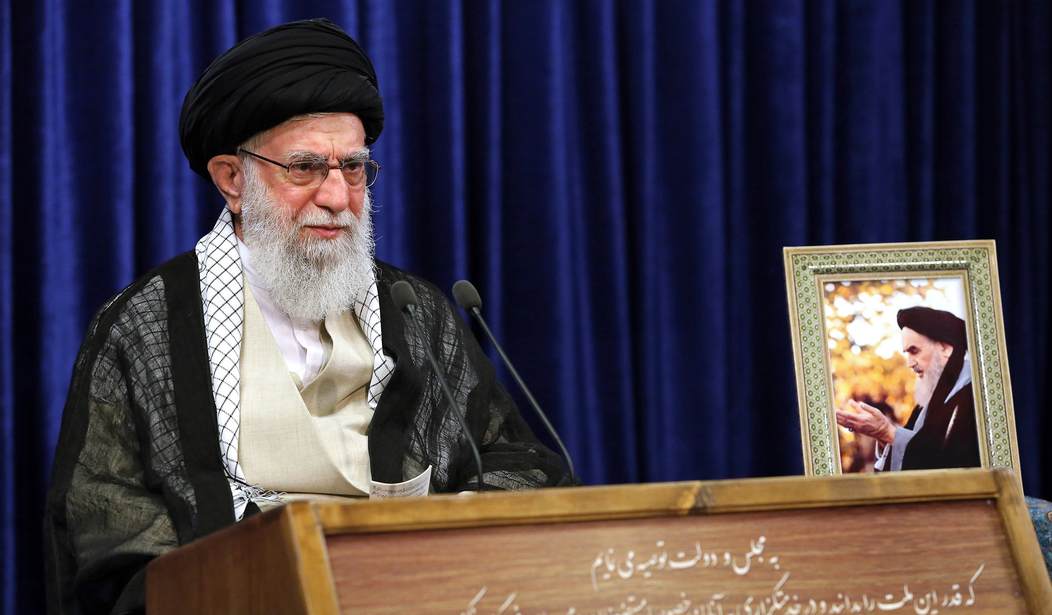

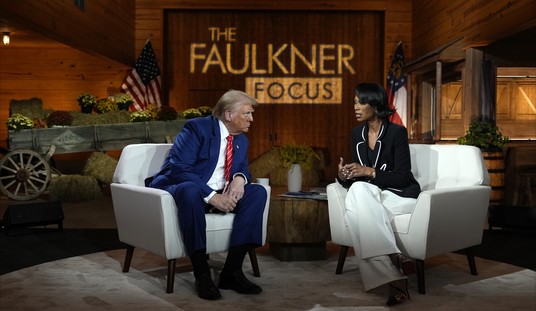
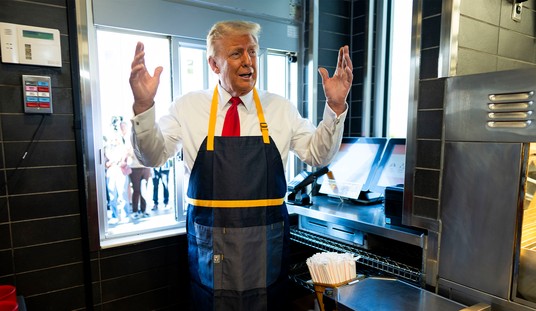
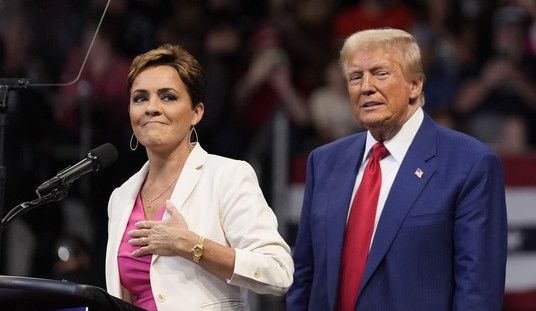
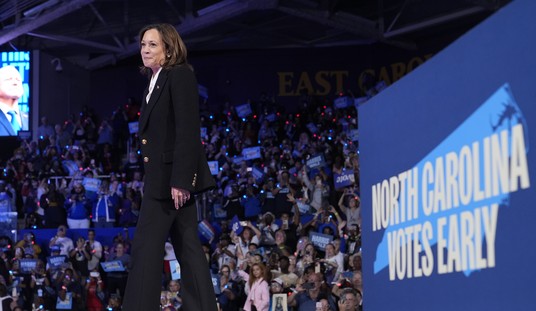
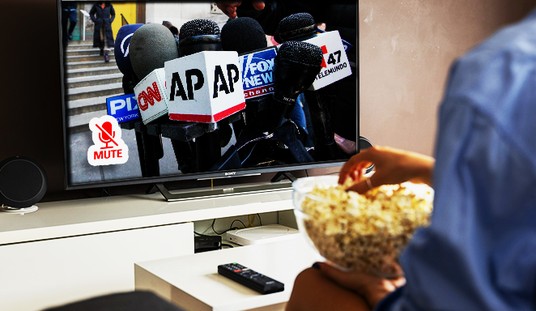



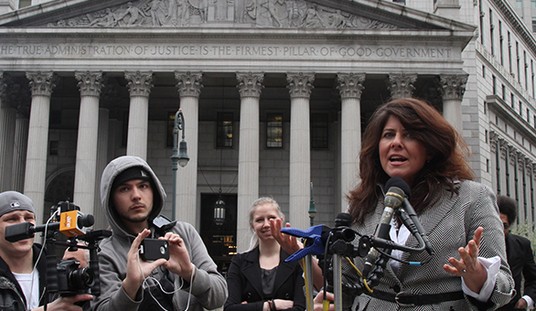



Join the conversation as a VIP Member